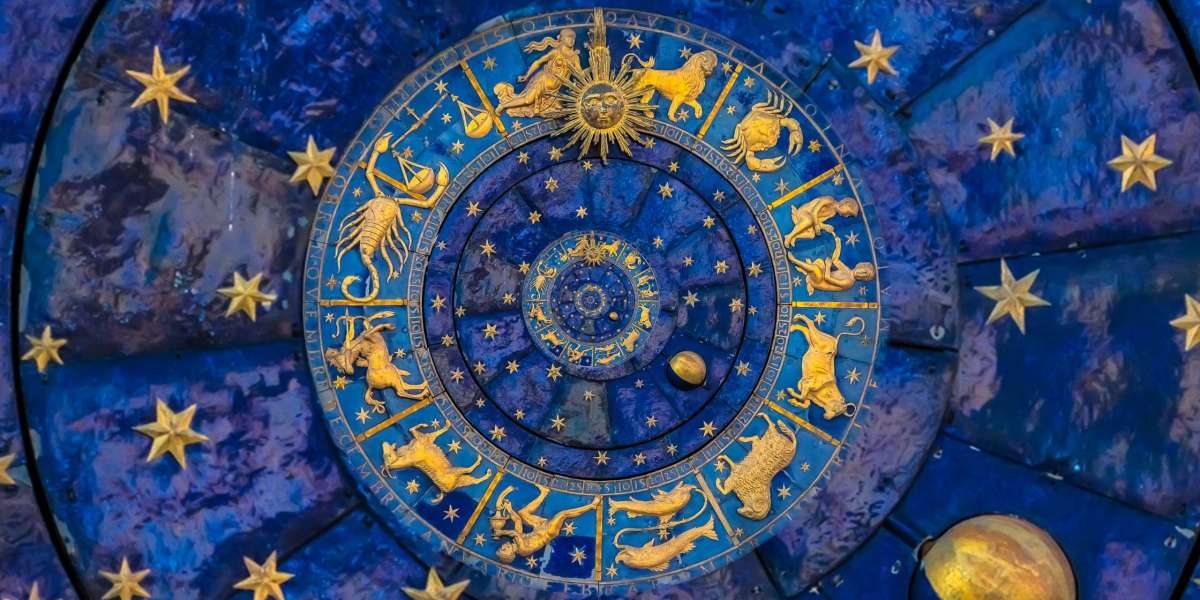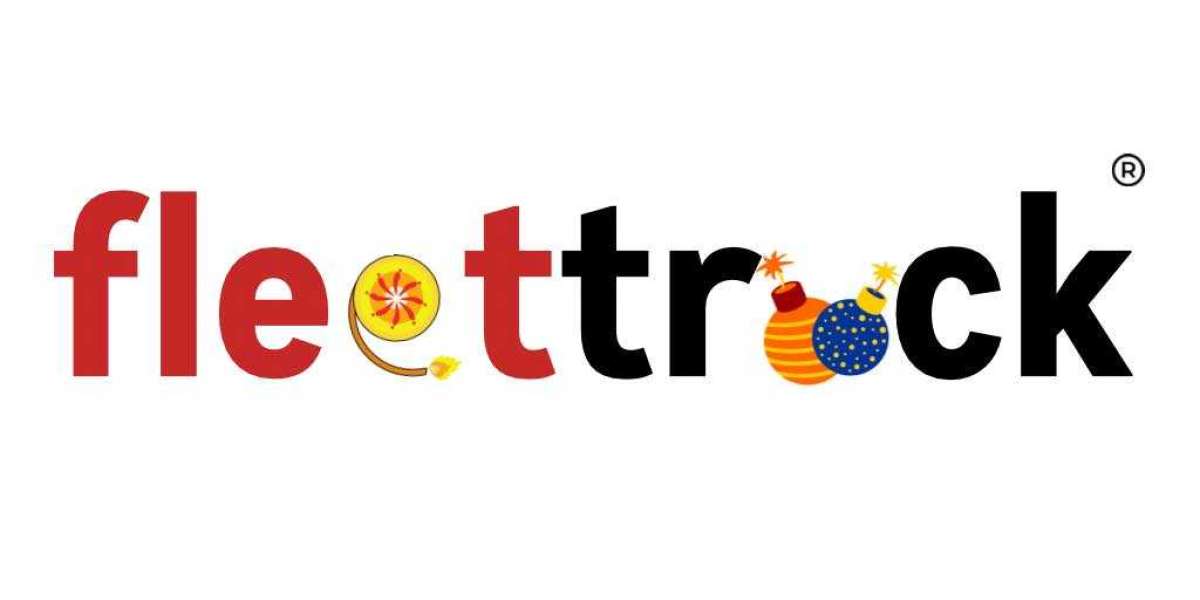Introduction
Vedic Astrology, also known as Jyotish Shastra, is an ancient science that originated in India thousands of years ago. It is a profound system that provides insight into human life, personality traits, and future events by studying the positioning and movement of celestial bodies like stars and planets. In this blog, we’ll explore the fundamentals of Vedic astrology, its core components, and how it can help guide us on our life journey. By focusing on the essential aspects, you can gain a better understanding of Vedic astrology and its role in shaping our lives.
What is Vedic Astrology?
Vedic Astrology, derived from the Sanskrit term "Jyotish," translates to "the science of light." It is a system that helps individuals align their lives with cosmic rhythms. Unlike Western astrology, which uses the tropical zodiac system, Vedic astrology is based on the sidereal zodiac. This means that it takes into account the actual positioning of stars and planets relative to the Earth, offering a more precise view of one’s destiny.
In Vedic astrology, the universe is seen as a web of energy influenced by the planets, stars, and other celestial bodies. Every person is believed to have a unique natal chart (kundali) based on their birth date, time, and location, which helps astrologers make predictions about various aspects of life.
Core Components of Vedic Astrology
Vedic astrology consists of several key elements that work together to form an intricate cosmic framework. Here are the most important components:
1. The Zodiac Signs (Rashis)
The zodiac in Vedic astrology comprises 12 signs, or Rashis, each associated with a different element and quality. The signs are:
- Aries (Mesh)
- Taurus (Vrishabha)
- Gemini (Mithun)
- Cancer (Karka)
- Leo (Simha)
- Virgo (Kanya)
- Libra (Tula)
- Scorpio (Vrishchik)
- Sagittarius (Dhanu)
- Capricorn (Makar)
- Aquarius (Kumbh)
- Pisces (Meen)
Each sign is ruled by a particular planet and influences different aspects of an individual’s personality and life events.
2. The Planets (Grahas)
The planets, or Grahas, are central to Vedic astrology. They are seen as cosmic influencers that affect various areas of life. The nine primary planets in Vedic astrology are:
- Sun (Surya)
- Moon (Chandra)
- Mars (Mangal)
- Mercury (Budh)
- Jupiter (Guru)
- Venus (Shukra)
- Saturn (Shani)
- Rahu (North Node of the Moon)
- Ketu (South Node of the Moon)
Each planet governs different traits, emotions, and experiences, making their placement in your natal chart crucial for astrological predictions.
3. The Houses (Bhavas)
The birth chart is divided into 12 houses, each representing a different aspect of life, such as career, relationships, health, and finances. The placement of planets in these houses influences how these life areas unfold for an individual. For example:
- 1st House (Lagna): Self and personality
- 7th House: Relationships and partnerships
- 10th House: Career and public image
- 12th House: Spirituality and foreign travels
4. Nakshatras (Constellations)
Vedic astrology also considers 27 Nakshatras, or lunar constellations, which further divide the zodiac into smaller sections. These Nakshatras influence the emotional and psychological traits of individuals and help fine-tune predictions.
How Does Vedic Astrology Work?
Vedic astrology functions through detailed analysis of a person’s birth chart, or Janam Kundali. Astrologers use this chart to examine the placement of planets in different houses and signs to predict important life events, challenges, and opportunities.
The positions of the planets at the time of your birth create a unique cosmic fingerprint that provides insight into your personality, behavior, and potential future. Whether you're looking for guidance on relationships, career decisions, or personal growth, Vedic astrology offers a blueprint to better understand yourself and your life’s purpose.
Benefits of Vedic Astrology
Many people turn to Vedic astrology for guidance and support in navigating life’s challenges. Here are some key benefits:
1. Self-Awareness
Vedic astrology can help you better understand your core strengths and weaknesses. By revealing your true personality traits, it enables personal growth and self-improvement.
2. Life Guidance
Astrology offers insight into major life events, such as marriage, career changes, and health issues. Understanding planetary influences can help you make more informed decisions.
3. Spiritual Growth
Vedic astrology emphasizes spiritual development, offering pathways to overcome karmic challenges and achieve inner peace.
4. Relationship Compatibility
Astrologers often use birth charts to assess compatibility between partners. By examining planetary alignments, they can offer advice on building healthier, more harmonious relationships.
Common Misconceptions About Vedic Astrology
Despite its deep-rooted history and significance, Vedic astrology is often misunderstood. Here are a few common myths:
Astrology is fortune-telling: Vedic astrology is more than predicting the future. It's about understanding potential life patterns and gaining insights for personal growth.
It’s a rigid system: Astrology is flexible and dynamic. Your actions and decisions can influence how planetary energies play out in your life.
Only important during tough times: While people often turn to astrology during difficult phases, it’s also valuable for understanding your strengths and making the most of good times.
Final Thoughts: How to Incorporate Vedic Astrology in Your Life
Vedic astrology is a powerful tool that provides deeper insights into your true nature and life’s path. By understanding the influence of planetary movements and cosmic energy, you can make more conscious decisions, overcome challenges, and live a more fulfilling life.
If you’re interested in exploring Vedic astrology further, consult with an experienced astrologer to get a personalized reading. By aligning yourself with the universe's rhythms, you’ll be better equipped to navigate the twists and turns of life.
Conclusion
Vedic astrology offers a timeless way to understand the world and your place within it. Whether you’re seeking guidance for a specific issue or simply want to better understand yourself, the stars and planets have much to teach. By using the principles of Vedic astrology, you can gain insights that will help you make empowered decisions, align with your true purpose, and navigate life’s ups and downs with greater ease.
Remember, Vedic astrology is more than just a guide to the future—it’s a key to unlocking your inner potential.








